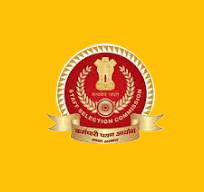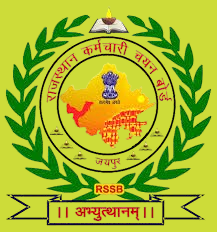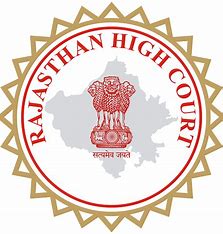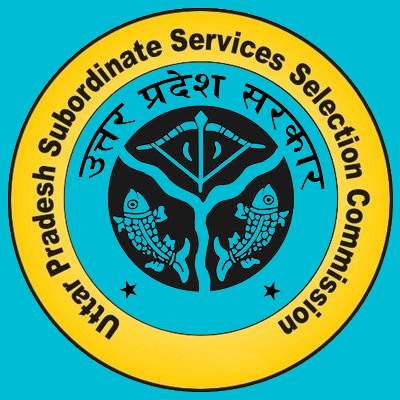
DSSSB
DSSSB
1. DSSSB Stenographer Exam Overview
The DSSSB Stenographer exam is primarily focused on shorthand and typing speed. The selection process involves three stages: Written Exam, Shorthand Test, and Typing Test. To clear this exam, you need to master the skills of fast and accurate shorthand writing and typing.
DSSSB Stenographer Exam Pattern:
The exam pattern generally consists of the following stages:
Written Exam:
- General Awareness: Questions related to current affairs, history, geography, politics, economics, and general knowledge.
- General Intelligence and Reasoning: Includes logical reasoning, puzzles, analogies, and data interpretation.
- Arithmetical and Numerical Ability: Basic math, number series, percentages, and algebra.
- English Language: Grammar, vocabulary, sentence structure, synonyms, antonyms, and comprehension.
- Hindi Language: Similar to the English section, with grammar, comprehension, and vocabulary.
Shorthand Test:
- Candidates will be required to transcribe a dictation at 80 words per minute (for English) or 60 words per minute (for Hindi) for a duration of 10 minutes.
Typing Test:
- After passing the shorthand test, candidates must appear for a typing test. The typing speed required is usually 40 words per minute (in English) or 35 words per minute (in Hindi), with 95?curacy.
2. Syllabus Breakdown for DSSSB Stenographer Exam
The syllabus for the DSSSB Stenographer exam can be divided into the following sections:
General Awareness:
- Current Affairs
- History and Geography
- Indian Polity and Constitution
- Economy
- General Science
- Static GK related to Delhi
General Intelligence and Reasoning:
- Logical Reasoning
- Analogies
- Number Series
- Alphabetical and Numerical Sequences
- Blood Relations
- Data Interpretation
Arithmetic Ability:
- Percentage, Ratio and Proportion
- Time and Work
- Simple and Compound Interest
- Speed, Distance, and Time
- Profit and Loss
English and Hindi Language:
- Grammar (Tenses, Articles, Prepositions, etc.)
- Vocabulary
- Synonyms and Antonyms
- Sentence Completion
- Comprehension
3. Preparation Tips for DSSSB Stenographer Exam
Master Shorthand:
- Shorthand is the most important part of the exam. Focus on improving both speed and accuracy. Practice dictations daily, starting from lower speeds and gradually increasing.
- Use Pitman’s Shorthand or Kothari’s Shorthand books for reference.
Typing Speed:
- Practice typing regularly to improve speed. Use online typing practice websites like TypingMaster and Ratatype.
- Aim for 40-45 WPM in English and 35-40 WPM in Hindi with 95?curacy.
Focus on General Knowledge:
- Read daily newspapers (The Hindu, Times of India, etc.) to stay updated on current events and general knowledge.
- Follow important current affairs and keep notes on government policies and major political events.
Regular Practice with Mock Tests:
- Solve previous years’ question papers and take mock tests to get familiar with the exam pattern and improve time management.
4. Books and Resources for DSSSB Stenographer Exam
Shorthand Books:
- Pitman’s Shorthand
General Knowledge:
- General Knowledge 2024
- Lucent’s General Knowledge
English Grammar:
- High School English Grammar & Composition by Wren and Martin
Typing Practice:
- TypingMaster (for both Hindi and English)
5. Conclusion
The DSSSB Stenographer exam is a competitive exam that requires thorough preparation in shorthand, typing, and general knowledge. With consistent effort and smart strategies, you can clear this exam successfully.





